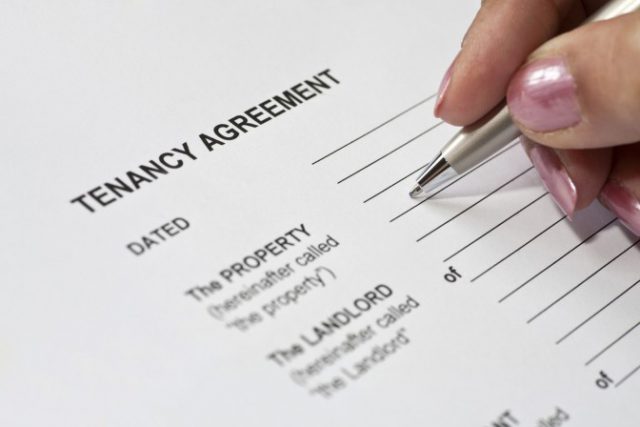Over one in four homes in is an unacceptable standard
A shocking new survey from Shelter has revealed that over one in four homes in the UK do not hit acceptable living standards.
The charity’s new Living Home Standard looks at features such as cleanliness, safety, affordability and space.
Problems
Worryingly, the report found that affordability was the greatest issue and that people should be able to, ‘live and thrive’ in homes, not just ‘get by.’
Prime Minister Theresa May has recently said that the Government is to prioritise housing, doubling its affordable housing budget.
Shelter compiled the Living Home Standard through a series of workshops and questionnaires. The charity also received support from British Gas.
Measurements of homes hitting acceptable living standards were based on results from a survey of 1,961 adults across the UK.
Standards
The Living Home Standard measures five elements according to specific criteria. The concept of space was measured for example by having a sufficient number of bedrooms for the household, and having space for everyone to spend time in the same room together.
Other aspects of space include outdoor room and the amount of space children and adults have to work.
These five elements of the Living Home Standard were measured on:
Affordability: Factors such as how much money is left for peoples’ essentials following rental or mortgage payments
Living conditions: Assessing replies for words such as ‘warm’ and ‘secure’ when asking the participants to describe their home.
Space: Sufficient space was seen as critical for mental and social wellbeing
Stability: This was seen as the extent to which people feel that they can turn their property into a home.
Neighbourhood: Residing in an area where people feel safe and secure was also seen as very important. Living close to work, family and friends was also an important measurement.

Over one in four homes in is an unacceptable standard
Cutbacks
Of the five criteria, 27% of homes failed at least one of the affordability specifications. Shelter revealed that 24% of people were not able to save anything for unexpected outgoings after paying rent or mortgages. 23% worry about their rent or mortgage charges becoming unaffordable should they rise even slightly.
18% of people could not meet their housing fees if they did not cutback on essentials like food or heating. 20% said they have to cut back on social activities in order to meet costs.
In addition, over one in ten people live in homes that do not hit space criteria. This was particularly bad for renters in social housing. One in five said that space was inadequate, while one in four said that they did not feel in control of how long they could stay in their property.
Heart-breaking
Shelter has called for more stable rental contracts, lasting for at least five years to protect tenants against rent increases.
Chief executive of Shelter, Campbell Robb said: ‘It’s heart-breaking to think that so many people are having to make a choice between paying the rent and putting food on the table, or living in fear that any drop in income would leave them unable to cover their housing costs.’[1]
‘The sad truth is that far too many people in Britain right now are living in homes that just aren’t up to scratch – from the thousands of families forced to cope with poor conditions, to a generation of renters forking out most of their income on housing each month and unable to save for the future,’ he added.[1]
[1] http://www.bbc.co.uk/news/uk-37655908






